Best of #econtwitter - Week of November 27, 2022 [1/2]
Nov 29, 2022
Welcome readers old and new to this week’s edition of Best of Econtwitter. Please submit suggestions — very much including your own work! — over email or on Twitter @just_economics.
This is part one of two.
Paper summaries

David Schönholzer@davidfromterra
In 1631, Prague was conquered by Sweden, only to revert back to the Habsburgs six months later. France took Nancy from Burgundy in 1634 and held it for decades. Thousands of such city switches occurred throughout history. What can we learn from them? New research with Eric Weese:
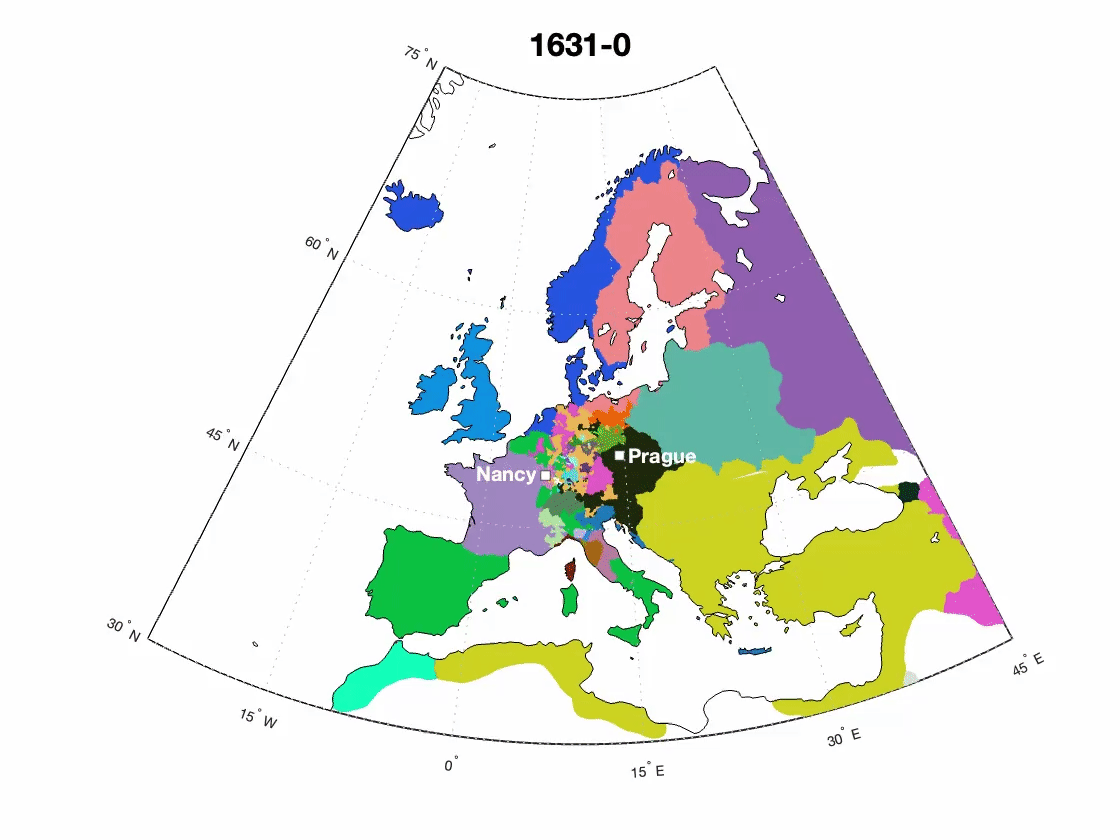
5:44 AM · Nov 24, 2022
65 Reposts · 299 Likes

David Schönholzer@davidfromterra
What do we find? In the period of the switch, city population falls by almost 30%. This is not only true during wartime but also in peacetime, such as a royal inheritance that quickly reverts back to the original owner. Unstable governance is really bad for city growth.

5:44 AM · Nov 24, 2022
1 Repost · 31 Likes

David Schönholzer@davidfromterra
In fact, as cities switch between states, they typically end up in states that are better for city growth, although benefits fall with the number of switches. They are due to good states taking more cities over time and better states entering the market for governance over time.

5:44 AM · Nov 24, 2022
23 Likes

Jonathan A. Parker@ProfJAParker
(1/N) Giving thanks that December JF has our paper showing that investors who believe in different models of the world update differently & invest in opposite directions in response to a common public signal, 10.1111/jofi.13179. Public draft here: mitsloan.mit.edu/shared/ods/doc…

4:06 PM · Nov 23, 2022
14 Reposts · 92 Likes

Thomas Piketty@PikettyLeMonde
See especially new findings on plutocratic China by regional coordinator Zhexun Mo
Bottom 50% wealth share is now only 6%, vs 70% for the top 10% and 10% for the top 0,001% alone
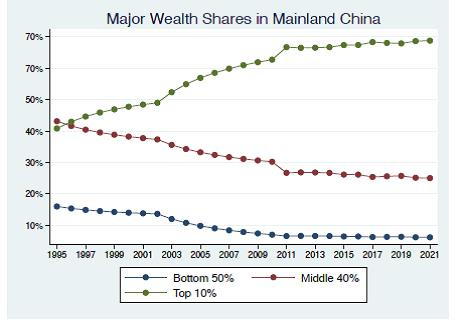
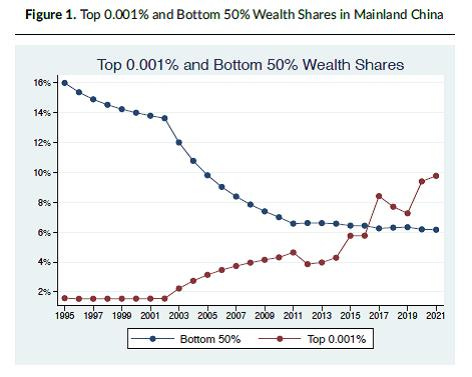
9:04 AM · Nov 23, 2022
539 Reposts · 1.73K Likes
^World Inequality Database 2022, also:

Alice Evans@_alice_evans
Women in France earn 41% of total labour income
Russia: 40%
Brazil: 38%
India: 18%
Somalia and Chad: 8%
The first ever calculation of the gender gap in labour income!
By @ThereFeen & @asrobilliard
wir2022.wid.world/www-site/uploa…

1:41 PM · Nov 23, 2022
137 Reposts · 393 Likes

John B. Holbein@JohnHolbein1
"we show that high-speed Internet increases addictive Internet use and significantly decreases time spent sleeping, doing homework, and socializing with family and friends."
iza.org/publications/d…
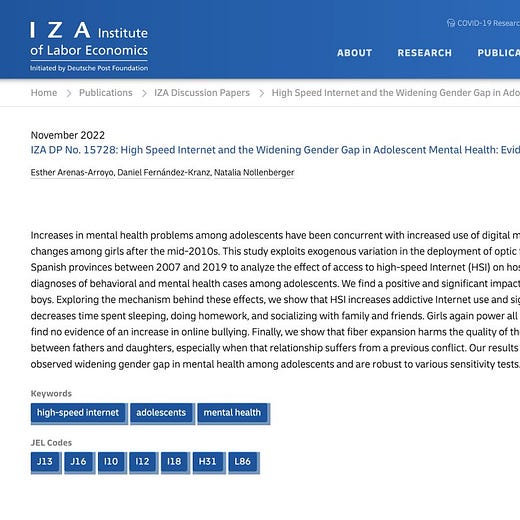
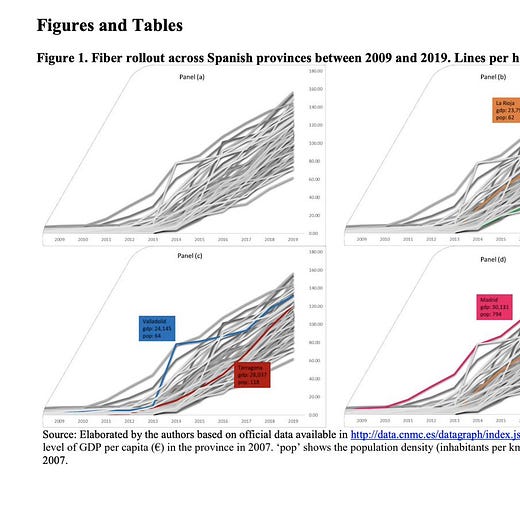
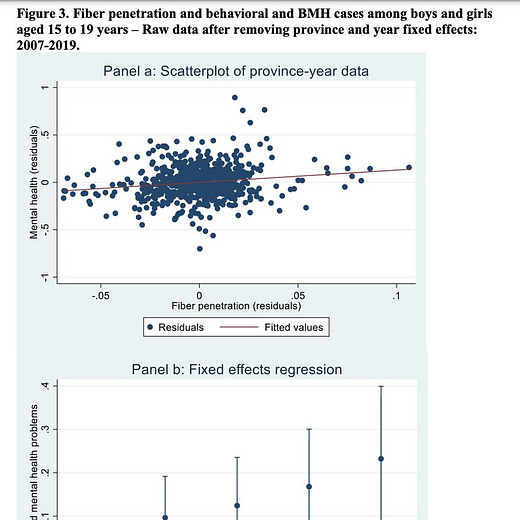
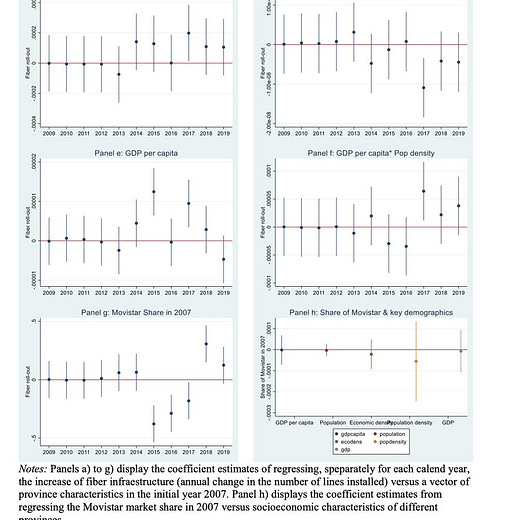
9:45 PM · Nov 26, 2022
32 Reposts · 153 Likes
^would pay someone to write a lit review and synthesize all these internet rollout papers (and to spell out how willing one should be to buy the identifying assumptions)

NBER@nberpubs
Subjective evaluations are more predictive than GRE scores for admissions to graduate economics programs and future job placement, yet they are also very noisy, from Jessica Bai, Matthew Esche, W. Bentley MacLeod, and Yifan Shi nber.org/papers/w30677

9:00 PM · Nov 26, 2022
15 Reposts · 43 Likes
^request for thread
Public goods

Mayara Felix@mayara_pfs
If you are looking for 🇧🇷 data, check out Base dos Dados (basedosdados.org). They provide free and easy access to many 🇧🇷 datasets, including a publicly available version of RAIS (without links/identifiers, of course). Consider donating too; I just did. Thanks @rdahis !
basedosdados.org
Base dos Dados

8:12 PM · Nov 22, 2022
93 Reposts · 496 Likes

Nicholas A. Christakis@NAChristakis
MIT tells prospective faculty how to write a successful diversity statement.
whyevolutionistrue.com
MIT tells prospective faculty how to write a successful diversity statement

5:49 PM · Nov 26, 2022
81 Reposts · 366 Likes
^setting aside political commentary, seems useful!
Interesting discussions

Chris Blattman@cblatts
With PhD applications due soon, thousands of young people are currently beginning their statements of purpose with the same cliché story, or the same anodyne statement
Stop right now!
Here are 10 thoughts for doing this right. Helps you, and helps admissions committees.👇
2:06 PM · Nov 18, 2022
1.64K Reposts · 6.41K Likes

Megan Stevenson@MeganTStevenson
Ok guys, we’ve got to shift norms here. Massive deviations from a pre-registered plan, without acknowledging it in the paper, are NOT OK and grounds for rejection. 1/3
2:53 PM · Nov 15, 2022
22 Reposts · 264 Likes

